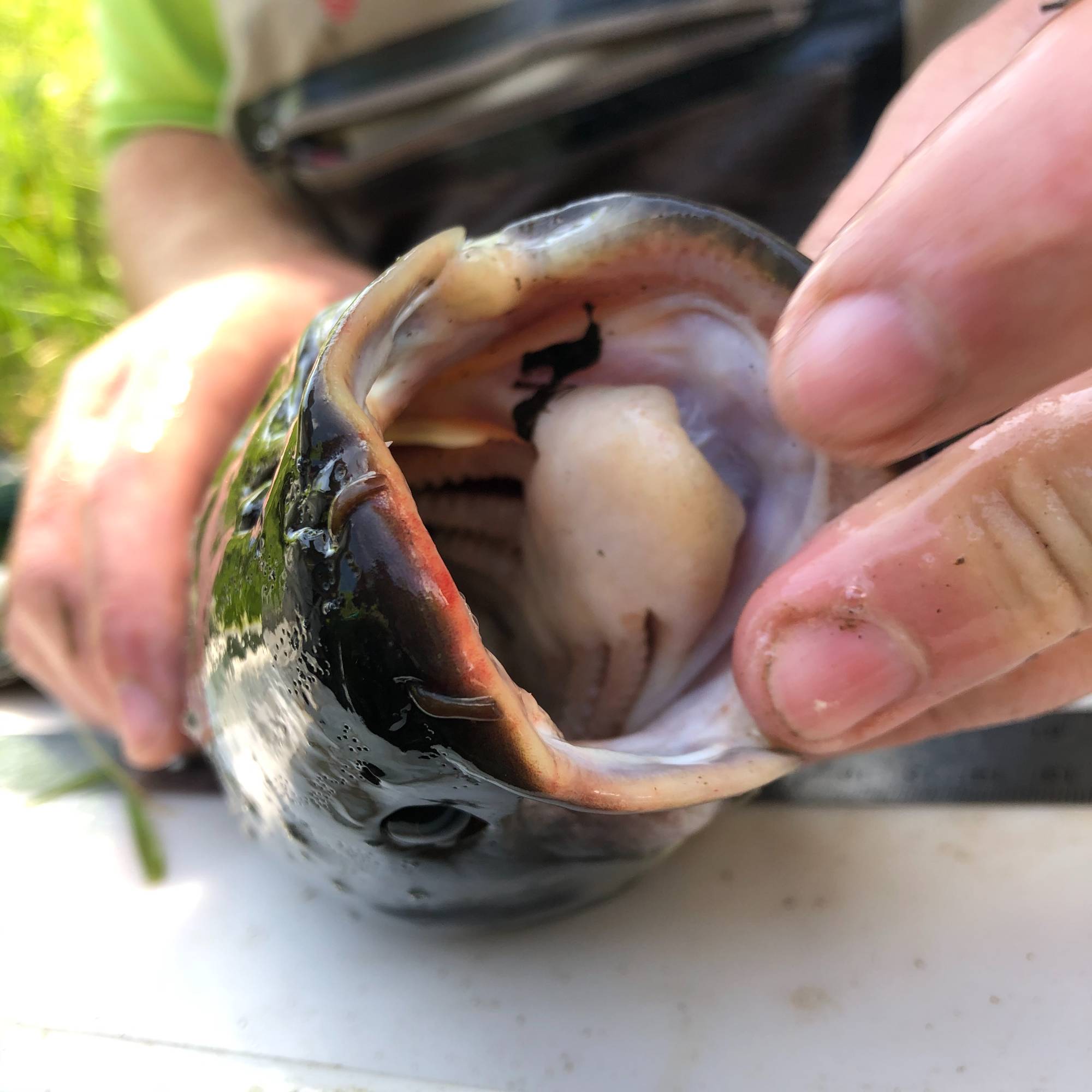Bachelor of Science in Fisheries and Aquatic Sciences
The Fisheries and Aquatic Sciences Program at GVSU
Our global and local freshwater resources are essential to both ecosystem stability and viability, as well as the many goods and services upon which we all depend. These natural freshwater resources are under increasing pressure. Our ability to successfully understand, protect, and manage these resources for future generations demands scientific insight and understanding that can be used to inform wise management decisions. This major is intended for students interested in shaping this future through the specific lens of hands-on scientific and taxonomic training, the ability to gain certification through the American Fisheries Society, developing expertise in molecular ecology and mapping/global information skills, and through understanding of relevant public policies.
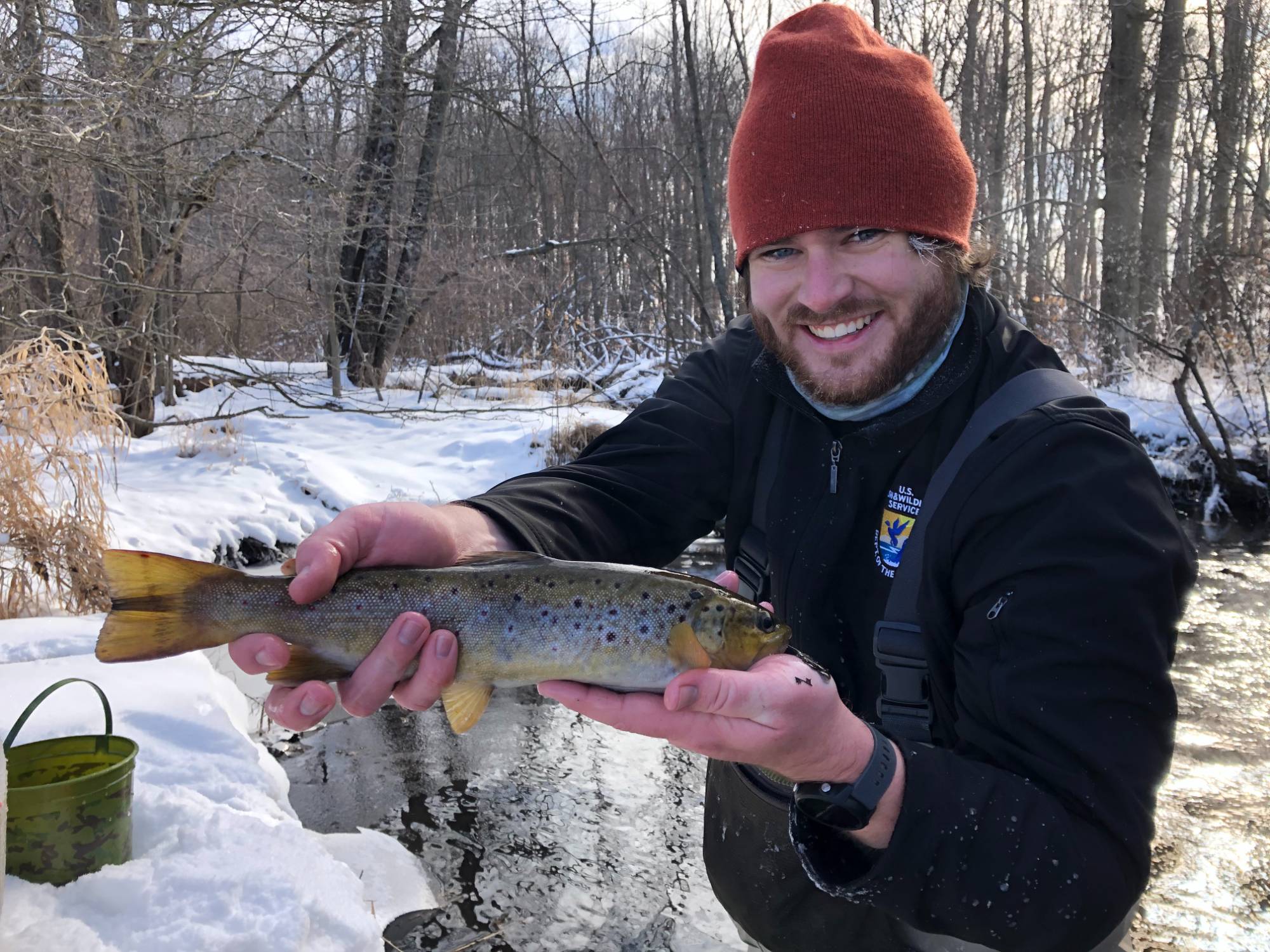
Develop Skills Through Hands-On Learning
- Independent and group field and laboratory research
- Taxonomic identification skills for algae, freshwater plants, aquatic insects, and fish
- Ecological foundations for both lakes and streams
- Conservation genetics—both application of data and laboratory processes
- GIS and mapping
- Data logger programing
- Computer skills and statistical applications
- Field sampling skills for both lakes and streams
- Field safety
- Communication skills for general public and expert audiences
- Writing skills including grant-writing
- Wetland delineation
- Natural resource policy
- Problem-solving and critical thinking
This major offers the potential to become a “Certified Fisheries Professional’ through the American Fisheries Society.
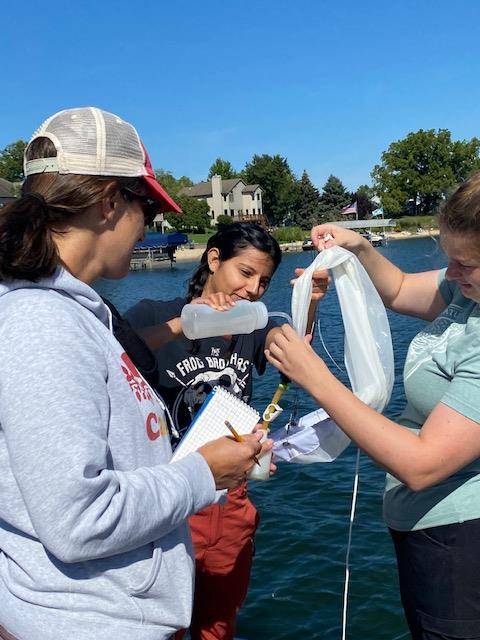
Job and internship opportunities
Texas A&M Department of Wildlife and Fisheries Sciences Job Board
U.S. Office of Personnel Management Pathways Program
Qualification for Federal Fish Biology Series, 0482
U.S. Department of the Interior
U.S. Fish & Wildlife Service
Basic qualification requirements for USF&W careers
U.S. Department of Agriculture
U.S. Forest Service
Bureau of Land Management
Michigan Department of Natural Resources
Native American Tribes of the Great Lakes
Michigan Departement of Environment Great Lakes & Energy
GVSU Annis Water Resources Institute
GVSU Internships
GVSU Biology Grants and Scholarships
GVSU Undergraduate Research & Scholarship (Student Summer Scholars program)
Michigan Space Grant Consortium
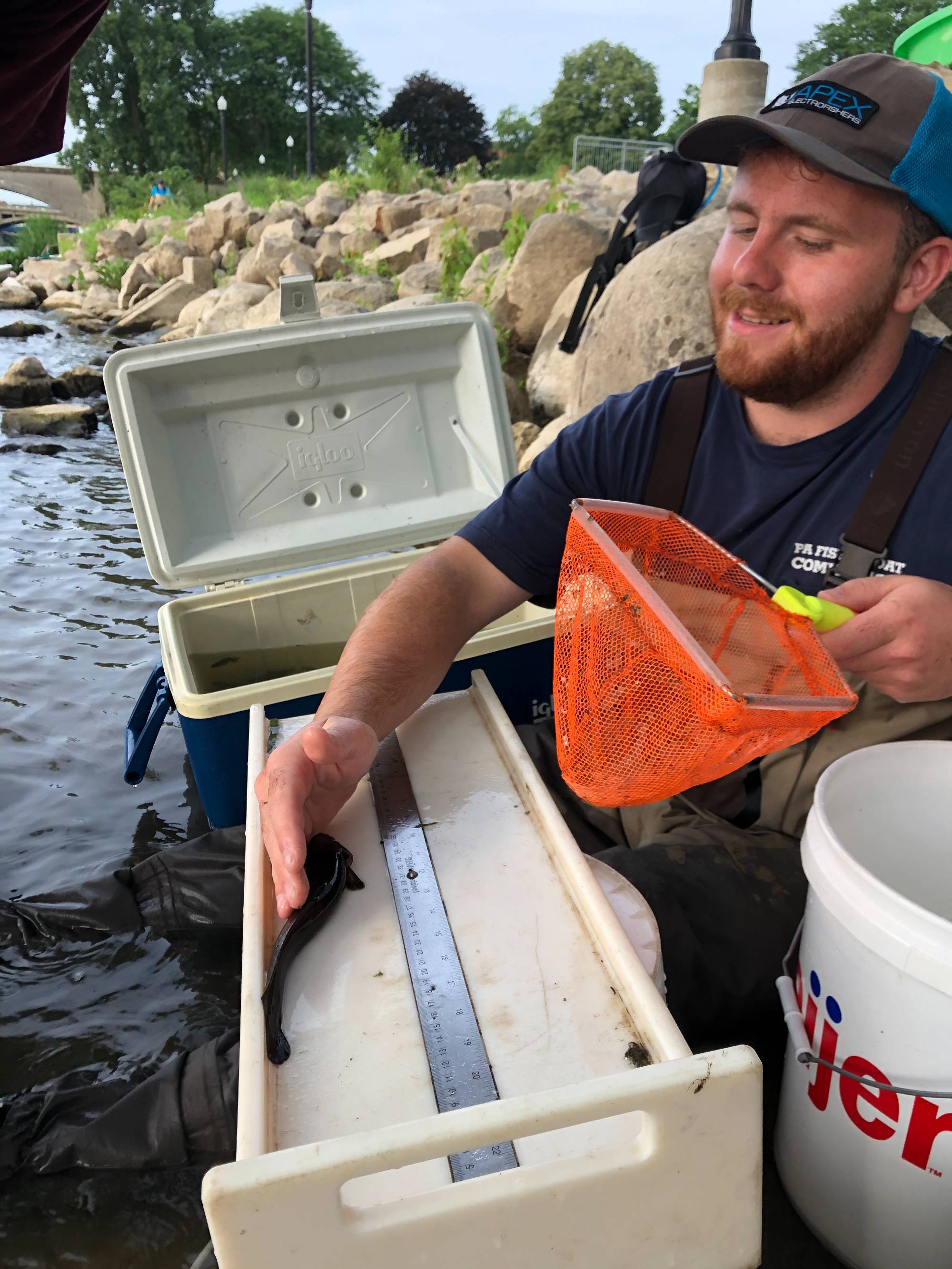
Aquatic Biologist – Indeed list of job postings
Fisheries Biologist – Indeed list of job postings
Environmental Consulting - Indeed list of Michigan job postings
Non-Governmental Organizations – Good examples would include Conservation International, Defenders of Wildlife, Natural Resources Defense Council, Sierra Club, The Nature Conservancy, and World Wildlife Fund. These websites contain lists and descriptions of many additional NGOs: Top U.S. Conservation Organizations, Most influential sustainability NGOs, and Green Dreamer.
Local Nonprofit Organizations - Good examples would include Land Conservancy of West Michigan, Pierce Cedar Creek Institute, Blandford Nature Center, Edward Lowe Foundation, Kalamazoo Nature Center, Grand Valley Metro Council and Lower Grand River Organization of Watersheds, and Kellogg Biological Station. Here is a link to a more comprehensive list of Michigan environmental organizations.
Volunteer opportunities – Any of the above organizations have volunteer opportunities, additionally you could try Ottawa County Parks and Recreation or any county of interest.
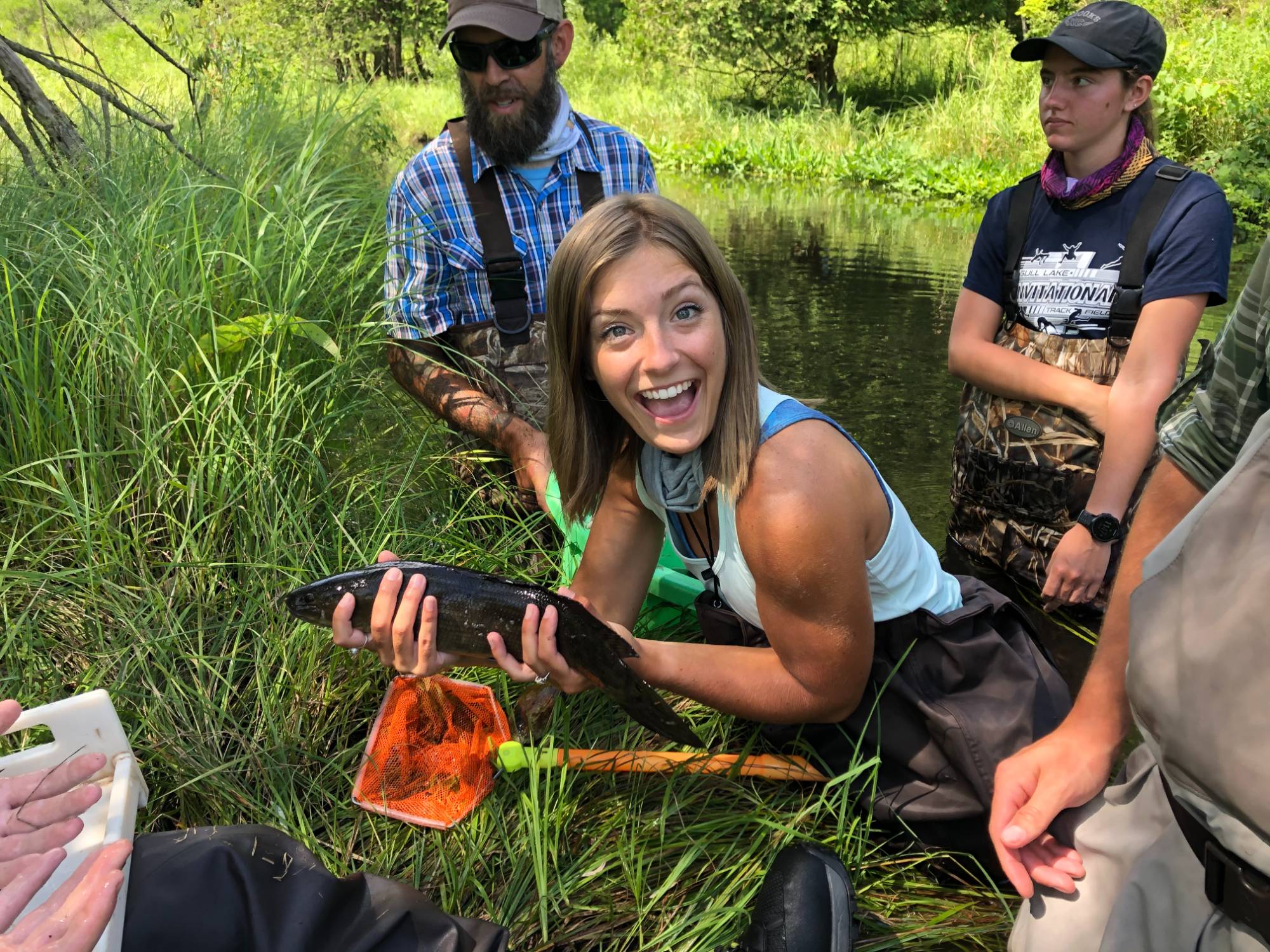
Is GVSU The Right Fit For You?
Our curriculum emphasizes hands-on work in both field and laboratory settings while working closely with our faculty. We also encourage you to engage in research and internship experiences outside regular classes, and we advise you to be active in student clubs. Our goal is for you to gain the necessary experiences needed to be employed in the fisheries and aquatic sciences professions.
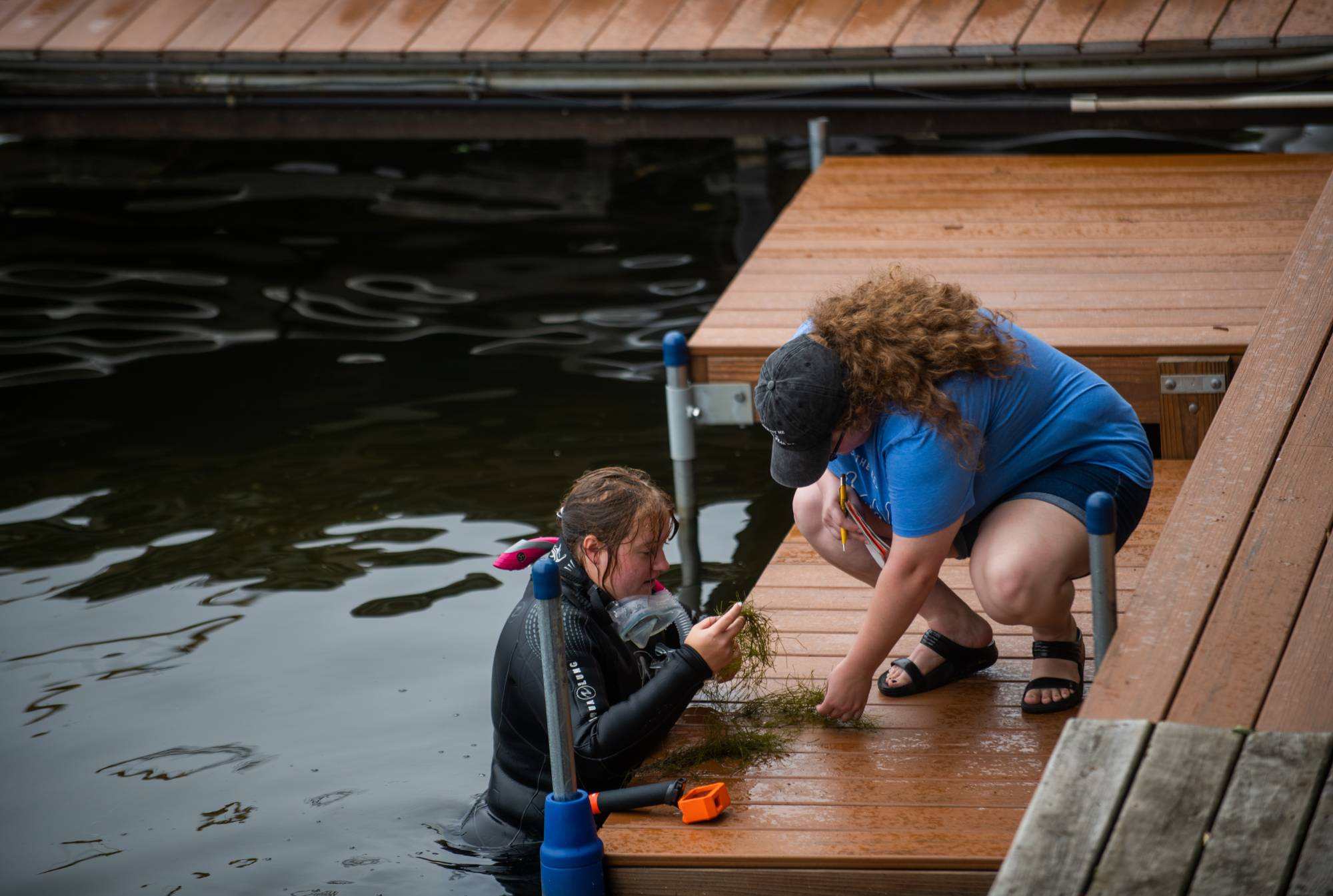
Further Information
Faculty Involved in Fisheries and Aquatic Sciences:
Bopi Biddanda
Sarah Hamsher
Robert Hollister
Mark Luttenton
Jim McNair
Charlyn Partridge
Rick Rediske
Carl Ruetz III
Eric Snyder
Alan Steinman
Kevin Strychar
Meg Woller-Skar
Janet Vail
Sean Woznicki
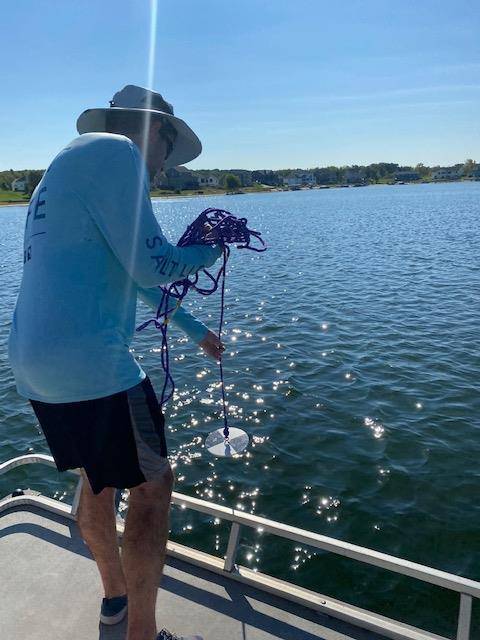
Facilities
Faculty working in Fisheries and Aquatic Sciences are located in either Kindschi Hall of Science, located in Allendale, or at the Annis Water Resources Institute in Muskegon.
